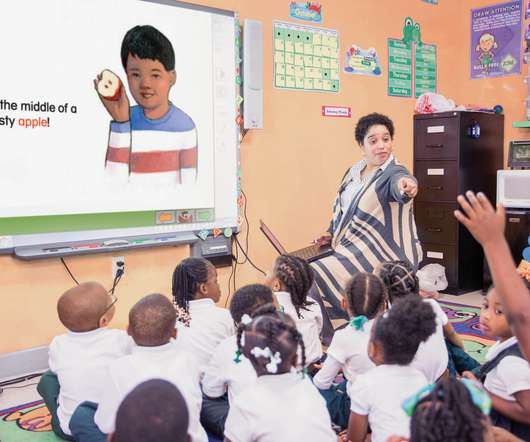Technology and Digital Media in the Classroom: A Guide for Educators
Waterford
JANUARY 23, 2020
While it can be hard to keep up with every trend in educational technology, the mindset you have when it comes to classroom tech matters just as much as which ones you use. Read on to discover the impact of technology in education and how to get the most from its unique benefits. Benefits of Using Tech and Digital Media in Education.



















Let's personalize your content